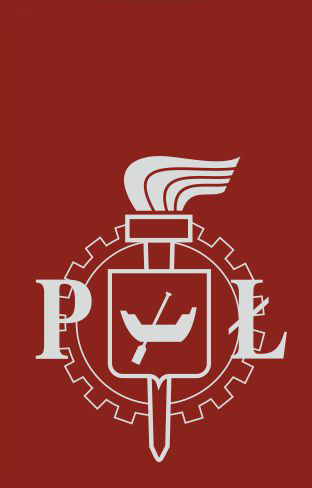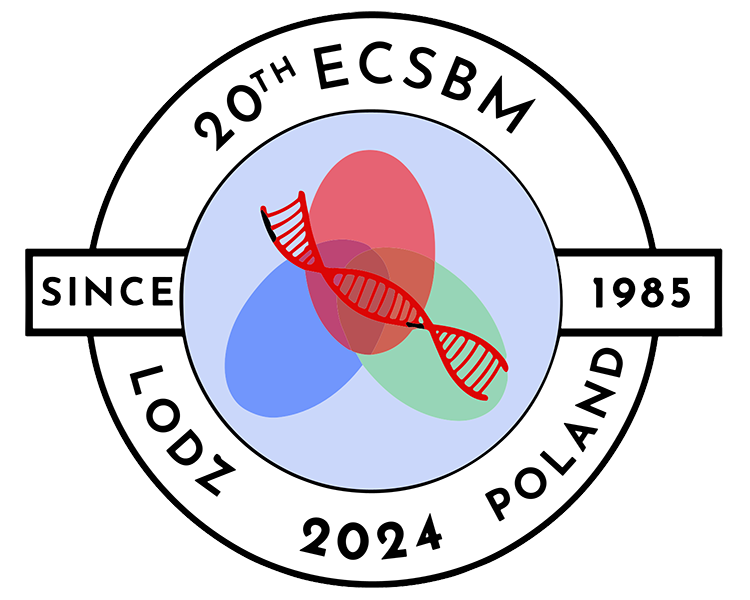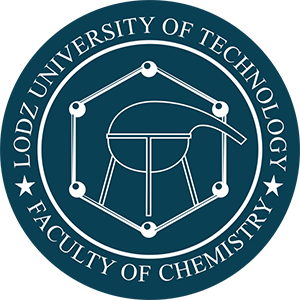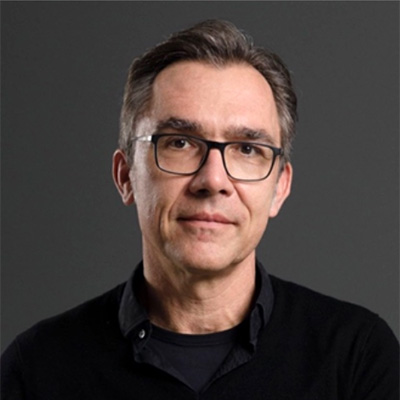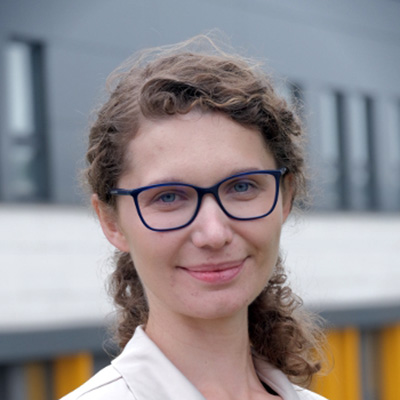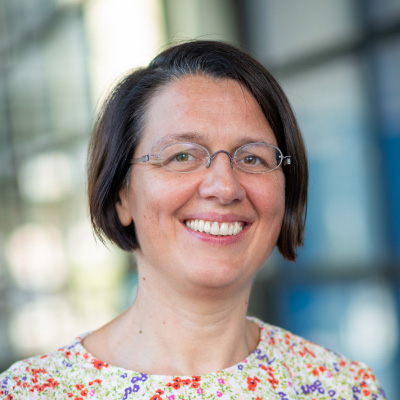Bioanalytical Applications
Juergen Popp studied chemistry at the universities of Erlangen and Würzburg, Germany. After his PhD in Chemistry he joined Yale University for postdoctoral work. He subsequently returned to Würzburg University where he finished his habilitation in 2002. Since 2002 Juergen Popp holds a chair for Physical Chemistry at the Friedrich-Schiller University Jena, Germany. Since 2006 he is also the scientific director of the Leibniz Institute of Photonic Technology, Jena. Juergen Popp is a world leading expert in Biophotonic / optical health technology research covering the complete range from photonic basic research towards translation into clinically applicable methods. He has published more than 1000 journal papers, has been named as an inventor on 15 patents and has given more than 200 invited talks on national and international conferences (among them more than 50 keynote/plenary lectures). In 2012, he received an honorary doctoral degree from Babeş-Bolyai University in Cluj-Napoca, Romania. Professor Jürgen Popp is the recipient of the 2013 Robert Kellner Lecture Award and the prestigious 2016 Pittsburgh Spectroscopy Award. In 2016 he was elected to the American Institute for Medical and Biological Engineering (AIMBE) College of Fellows. 2018 Juergen Popp was awarded the renowned Ioannes Marcus Marci Medal of the Czechoslovak Spectroscopy Society, he won the third prize of the Berthold Leibinger Innovationspreis and received the Kaiser-Friedrich-Forschungspreis. In 2019 he was awarded the Ralf-Dahrendorf-Preis für den Europäischen Forschungsraum and in 2020 he became an OPTICA senior fellow. In 2021 he became a Fellow (FRSC) of the Royal Society of Chemistry. In 2022 he became part of The Photonics100 2023 and received the Kuivila Lectureship Award of the University of Albany (Chemistry Department) (2022). 2023 Juergen Popp was awarded an honorary doctor’s degree at University at Albany – State University of New York (USA) and he received the Charles Mann Award of the Federation of Analytical Chemistry and Spectroscopy Societies (FACSS).
Biomedical Applications
Katarzyna Majzner completed her Ph.D. at the Faculty of Chemistry, Jagiellonian University, in 2015 and has been employed as an Assistant Professor at the Raman Imaging Group since then. She was awarded a prestigious START stipend for young scientists by the Foundation for Polish Science, as well as an ETIUDA stipend granted by the Polish National Science Centre. In 2018, Kasia was awarded by the Ministry of Education and Science with a scholarship to outstanding young scientists. Dr Majzner was a member of the team awarded by the Ministry of Science for significant scientific achievements in 2023. Kasia was the principal investigator in 3 research projects financed by the Polish Ministry of Science and the National Science Centre with a total budget of over 250,000 euros. She was also a contractor in 3 research projects. She was also a Team-Leader in the consortium granted funding of over 6 million euros in the TEAM-NET program run by the Foundation for Polish Science.
Kasia was supervising several master's and bachelor's theses. She is also an assistant supervisor of several doctoral works. She completed research internships in Ireland (2012) and Germany (2014, 2016), published 40 papers (cited 2,500 times without self-citations, H-index is 15), and gave several invited lectures, e.g., at ICMS 2019, ICORS 2022, ICOPVS 2022, and SciX 2023.
Research conducted by Kasia is focused on the biomedical application of molecular spectroscopy, especially in the context of the use of Raman microscopy for spectrophenotyping of cancer cells and to monitor a molecular changes occurring in single cells in response to pharmacological stimulation. Her research is mostly motivated by the development of new methods of sub-cellular spectroscopic analysis for the identification of the biochemical content of cells. She showed that single-cell Raman imaging supported by fluorescence and chemometrics allows for the tracking of many biochemical processes, identification of selected biochemical components, and monitoring of cell-drug interactions at the subcellular level.
Chemometric Advances
Thomas Bocklitz studied Physics at the University of Jena and received his PhD in Physical Chemistry/Chemometrics there in 2011. In 2013 he became head of a junior research group "Statistical Modelling and Image Analysis" at the University of Jena. Since 2019 he is head of the research group "Photonic Data Science" at the Leibniz IPHT. In 2023 he was appointed as full professor for "Artificial Intelligence in Spectroscopy and Microscopy" at the University of Bayreuth and in 2024 as professor for "Photonic Data Science" at the University of Jena and the Leibniz-IPHT. His main research area is closely related to the photonic data lifecycle, which includes machine learning and chemometrics based modelling of photonic data. He has published more than 140 papers in peer-reviewed journals and has given more than 50 invited talks at conferences. Thomas Bocklitz's work has been honoured with prestigious awards, such as the Kaiser-Friedrich Research Prize in 2018 and the Bruce Kowalski Award in 2015. He also received an ERC Consolidator Grant in 2023 for the STAIN-IT project.
Enhanced Techniques
Janina Kneipp studied biology and physics and in 2002 received her doctorate from Freie Universität Berlin with work at Robert Koch Institute. After postdoctoral research at Erasmus Universiteit Rotterdam, Princeton University and the Federal Institute for Materials Research and Testing (BAM) she was appointed as assistant professor in Analytical Chemistry at Humboldt-Universität zu Berlin in 2008, and as full professor in Physical Chemistry at HU in 2012. In her research, she uses surface-enhanced Raman scattering and other nanophotonic approaches to study biological molecules and complex samples. She has developed multimodal multiphoton microspectroscopy, specifically surface enhanced hyper Raman scattering to probe biomolecules. She received the 2010 Bunsen-Kirchhoff Award of the German Association of Chemists (GDCh), the 2019 Caroline von Humboldt Professorship of HU, and was elected as Fellow of the European Academy of Sciences in 2020. Janina Kneipp serves as editorial co-chair of Analysis & Sensing (ChemistryEurope) and as associate editor of the Journal of Raman Spectroscopy.
Isotopic Labelling
My whole scientific life is devoted to learning mechanisms of chemical and biochemical reactions in order to advance basic science and, in the long run, to apply this knowledge in practice. The main tools that are used in my laboratory to achieve this goal are isotope effects – subtle changes in rates of reactions that lead to a change of isotopic composition. We measure them experimentally using isotope-ratio mass spectrometry, and predict them theoretically using quantum-chemical calculations. Over the years we have applied this methodology to studies of numerous chemical and biochemical processes important for understanding processes involved in different metabolism pathways, to medical problems in oncology and pharmacology, to food authentication, and to processes involved in environmental pollution.
Molecular Spectroscopy
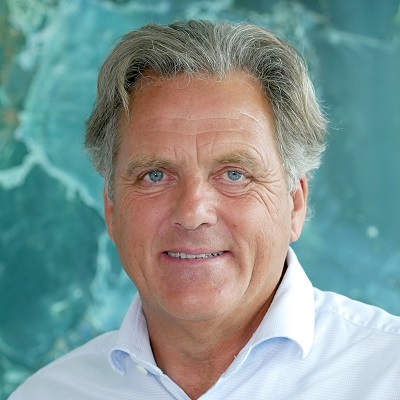
Prof. Klaus Gerwert
(Ruhr University Bochum // Founder & CEO @ betaSENSE)
Klaus Gerwert graduated in physics in Münster and received his doctorate in biophysical chemistry in Freiburg. After postdoc at the Max Planck Institute in Dortmund and Heisenberg fellow (DFG) at the Scripps Research Institute in La Jolla, USA, he became 36-year-old Professor and Chair of the biophysics department at the Ruhr-Universität Bochum (RUB). He founded the SFB 642 and chaired it from 2004-2016. He was a Fellow of the Max Planck Society 2009-2017 and external director at the Max Planck Partner Institute in Shanghai 2009-2014. Currently, since 2019, he is founding and executive director of PRODI, a federal/state-funded research center for protein diagnostics at RUB. In mid-2020, Klaus Gerwert founded the betaSENSE GmbH as a spin-off of Ruhr-Universität Bochum. Since then, he has also been CEO of betaSENSE.
Gerwert is actively advancing the development and application of time-resolved infrared difference spectroscopy in protein research in over 260 publications with over 14,000 citations and several patents. He is internationally recognized for his pioneering studies on protein reaction mechanisms, especially for his discovery of the catalytic role of internal water molecules in protein function. Recently, he invented quantum cascade laser-based IR imaging of cancer and brain tissue in combination with AI as a "label-free digital pathology" approach.
His current focus is on translation of the immuno-IR sensor he invented into the clinic. This approach uses the degree of misfolding of a biomarker as a measure instead of its concentration. As a result, the risk of symptom-free individuals progressing to a clinical stage of Alzheimer's can be determined in advance with a simple blood test. This sensor measures the degree of misfolding of a biomarker instead of its concentration, enabling novel stratification of high-risk individuals for neurodegenerative diseases and personalized therapy. In September 2023, Klaus Gerwert was honored with the Innovation Award of the State of North Rhine-Westphalia for the development of the immuno-IR sensor.
Nanoscale Analysis
Francesco Simone Ruggeri is currently Associate Professor at Wageningen University (WUR) in the Netherlands. He was first appointed as Assistant Professor in December 2020. Before his appointment Wageningen, he has completed his independent Junior Research Fellowship at the Department of Chemistry at University of Cambridge and at the Darwin College (UK), where he also received a Master of Arts for his management role of the college. He holds a PhD in Biophysics obtained in 2015 at the École Polytechnique Fédérale de Lausanne (EPFL) in Switzerland.
Simone has led the development and application of single-molecule scanning probe microscopy and spectroscopic methods for the characterisation of biomolecular processes, polymers and (bio-)materials at the nanoscale. His expertise has led already to the publication of more than 75 peer-reviewed scientific articles. Out of which more than half as first or corresponding author and more than 30 of these works are in Nature, PNAS, Cell, Angewandte, ACS Nano or Science series journals.
In these works, Simone has developed and applied of single molecule nano- imaging and spectroscopic approaches in combination with microfluidics, to study the chemical and structural properties of biomolecular systems that are challenging to access using conventional bulk biophysical methods. He has first demonstrated the application nano-mechanical mapping and infrared nanospectroscopy (AFM-IR) to unravel the properties of biological samples and biomolecules at the nanoscale in air and liquid environments. As major advance in the field of microscopy and spectroscopy, he has recently demonstrated that AFM-IR is capable to acquire the chemical fingerprint and secondary structure of protein in native liquid environments and at the single-molecule scale. Simone has especially exploited these nanoscale-based approaches to unravel the molecular structural changes and self-assembly of protein and biomolecules. He has provided key molecular information in-vitro and in-vivo in human biopsies, on the pathogenic self-assembly of protein and peptides such as A4β2, α-synuclein, FUS and huntingtin, which are involved in the onset of neurodegenerative disorders (Alzheimer’s, Parkinson’s, Frontotemporal neurodegeneration, and Huntington’s). Similarly, he uses these approaches to investigate how functional self-assembly of protein can be leveraged to develop advanced functional surfaces and biomaterials.
Non-Linear Optics and Time-Resolved Spectroscopy
Susan Quinn obtained graduated with a B.Sc. Hons in Chemistry from University College Dublin in 1997. She then completed her PhD studies on the topic of DNA Programmed Assembly of Heterosupermolecules under the supervision of Prof. Donald Fitzmaurice at University College Dublin.
In 2002 Susan started her Postdoctoral studies with Profs. John M. Kelly and Thorfinnur Gunnlaugsson in Trinity College Dublin. After this time, she took a position as postgraduate course coordinator in the School of Chemistry in TCD, (2006-9) responsible for development and implementation of Dublin Chemistry Graduate programme. In September 2009 Susan returned to a more research driven path when she joined the School of Chemistry in University College Dublin and became a tenured member of staff in 2012 and was promoted to Senior Lecturer/Associate Professor in October 2017. The broad research of the group is directed to examine ways to monitor and trigger nucleic acid processes in complex systems through light activation. This involves work on DNA photostability, and the development of molecular and nanoparticle DNA probes, and nanoparticle based systems for the delivery of photoactive agents. Key to this research is the use of time-resolved vibrational spectroscopy to resolve the excited state processes and energetics.
Susan together with Prof. John Kelly (TCD) and Professor Christine Cardin (Reading University), was awarded the 2016 RSC Rita and John Cornforth Medal is recognition of their structural work on DNA - transition metal complexes, proof of the origins of the "light-switch" effect and its implications for mechanisms of DNA damage DNA damage. In 2023 Susan was awarded the Institute of Chemistry of Ireland Annual Award for Chemistry (Eva Philbin Public Lecture Series) for a practising chemist, who has made a significant contribution to the advancement of chemistry and has considerably raised the profile of chemistry through both the excellence of their work and their ability to communicate in an effective and lucid manner.
